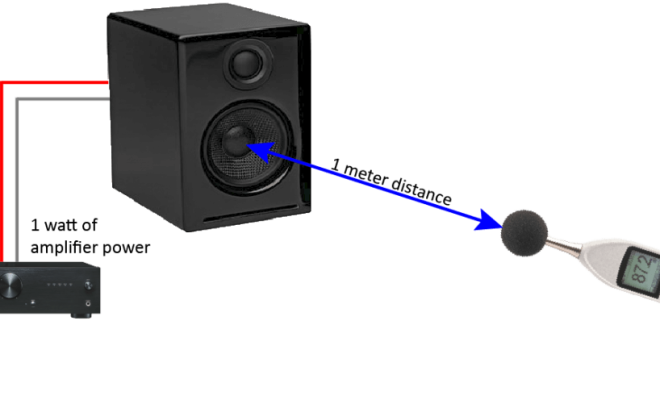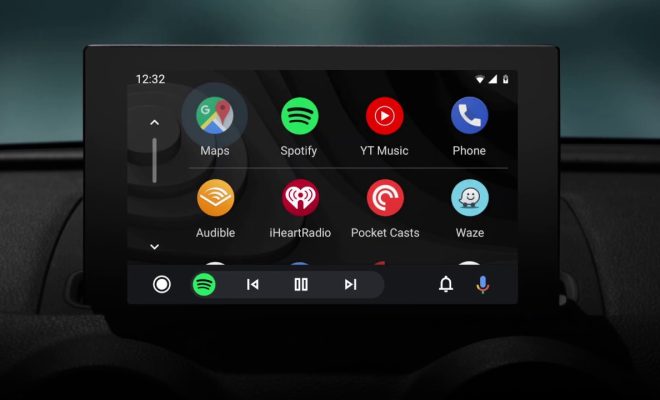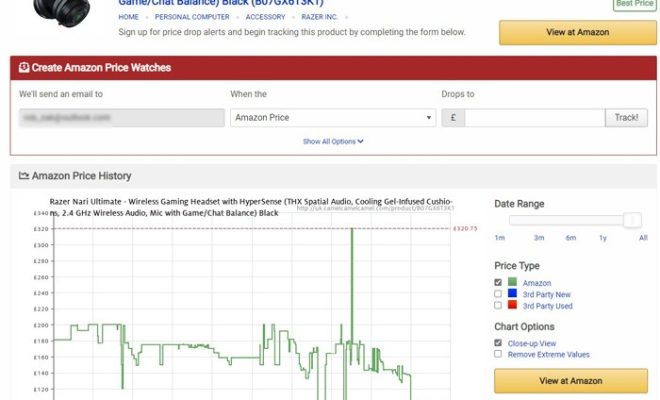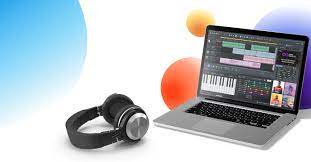What Is a Speaker Efficiency or Sensitivity Rating?

When you’re shopping for speakers, you’ll likely notice a rating given for speaker efficiency or sensitivity. This rating lets you know how efficiently your speaker can convert power into sound. Understanding this rating is important when selecting speakers that will provide the quality of sound you’re looking for.
Speaker efficiency is a measure of how much sound output you can expect from a given input power level. It’s commonly measured in decibels (dB) of sound output per watt of input power. Sensitivity is another term used to describe speaker efficiency. It’s the measure of the sound pressure level (SPL) produced by a speaker in response to a specific input power level.
In general, a speaker’s efficiency rating will fall somewhere between 85 dB and 100 dB. A speaker with a rating of 85 dB is considered less efficient and requires more power to produce the same sound level as a speaker with a higher rating. Whereas a speaker with a rating of 100 dB is considered very efficient and will produce more sound for the same amount of power.
It’s important to note that speaker efficiency is not the same as speaker power handling capacity. Power handling capacity refers to how much power a speaker can handle without getting damaged. Speaker efficiency refers to how efficiently a speaker can convert power into sound. A speaker with a lower power handling capacity may still be highly efficient and produce good sound quality.
When selecting speakers, choosing a speaker with high efficiency can help you achieve better sound quality with less power. Highly efficient speakers can be beneficial for large venues or spaces that require a significant amount of sound output. However, keep in mind that highly efficient speakers may come at a higher price point.
When it comes to speaker efficiency, it’s important to understand what the rating means and how it can impact the quality and power consumption of your speakers. By choosing speakers with a high efficiency rating, you can achieve better sound quality with less power, which can ultimately save you money on your energy bill.





